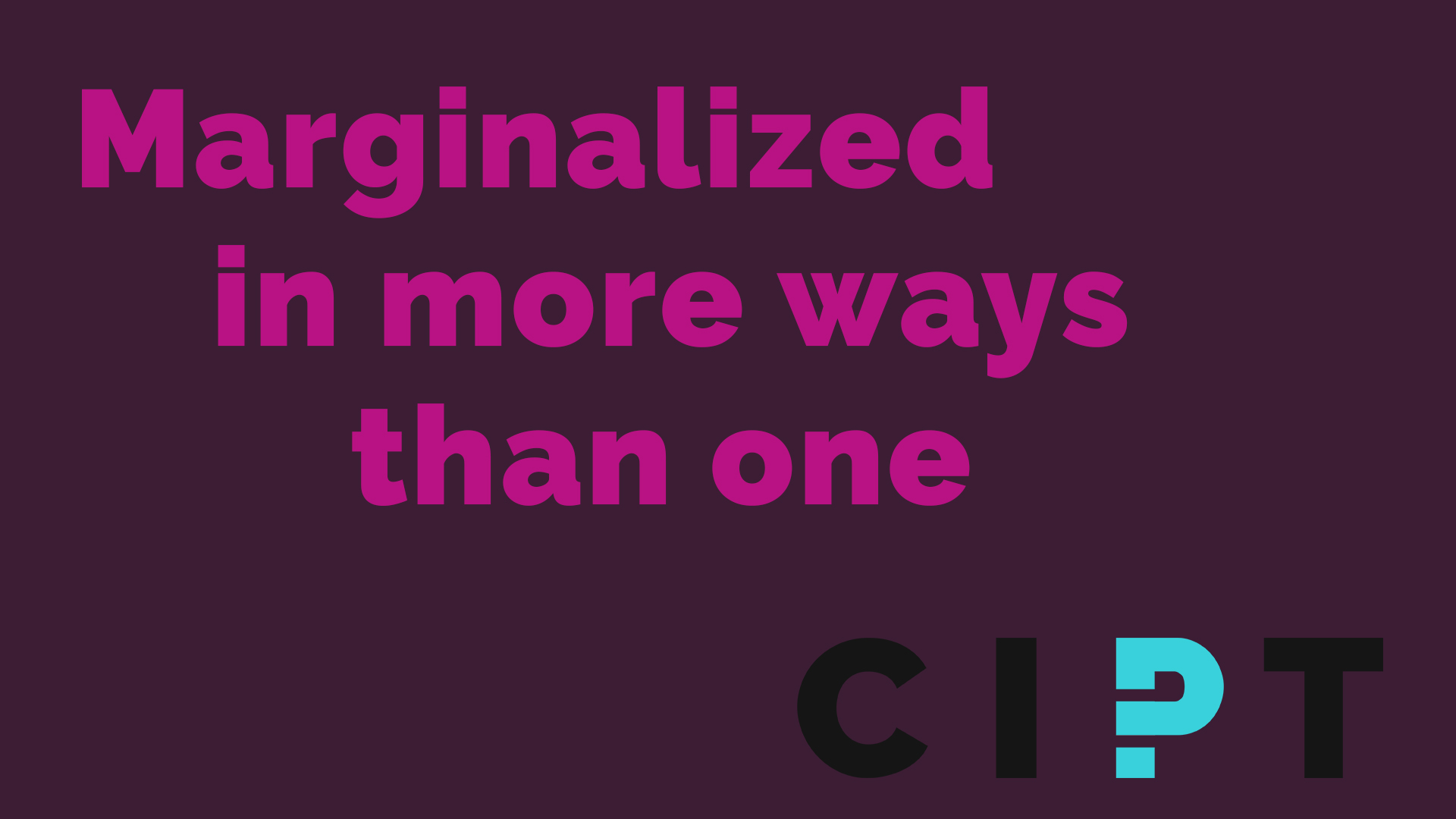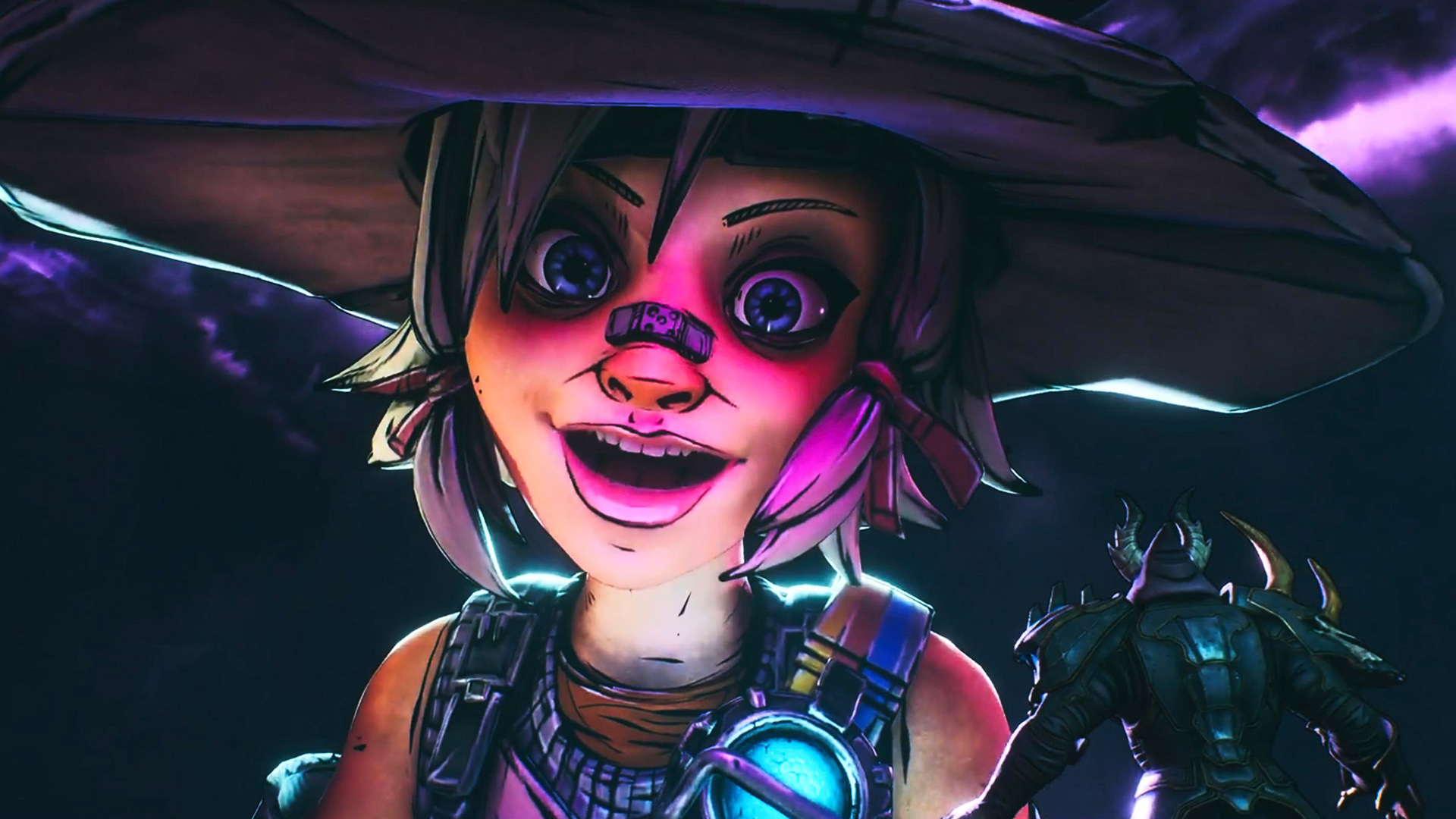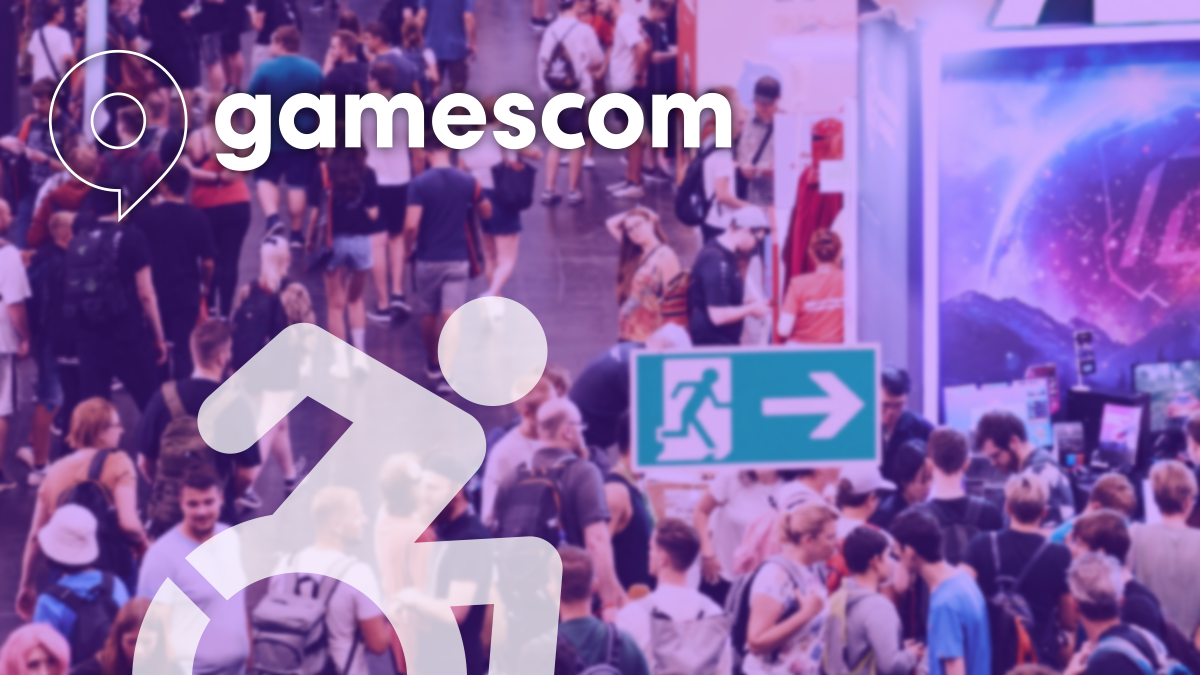I don’t know how to talk about my health publicly. I don’t describe myself as disabled despite the physical and mental health illnesses that I have unless explicitly asked to do so. Now, I know what you’re thinking, “this woman must be ashamed of her disability” or “that’s her internalized ableism.” But it isn’t that simple.
I am Mexican American. I am brown. I am a woman. The earliest conversation I had with my mother was her explaining to me I would be exhausted for the rest of my life because I would need to work three times as hard as the people around me. We were also poor. Both of these things meant that women I saw around me–my tias, my Abuela, my mom–all fought just to exist. They fought to work. They fought to be visible. But when you have to fight, it means that you just push through things. You don’t necessarily call out how you do things differently.
For them, it was living with multiple chronic conditions, working two jobs, and still raising their children. The strongest women in my life were disabled, only they never identified that way outside of their blue hang tag they would put on their cars’ rearview mirrors. The women who shaped my life all had diabetes, hypertension, varying thyroid diseases, fibromyalgia, and dealt with the complications pushed by lack of access to health care and the cultural understanding of “working hard” in silence.
When you’re marginalized in more ways than one, and in my case three, you present your story as “overcoming” or more specifically not letting the elements that people use to discriminate against you define your work.
My Abuela survived multiple strokes, two below-the-knee amputations to diabetes, breast cancer, and kidney disease. She lived to be 77; in those 77 years of life, she never identified as disabled. She was “just living.” So as I watched her, and then my tias, and then my mother, embark on similar journeys, being sick became a way of life. Another way that “thing” just happened to us; our definition of “normal.”
Living and surviving in a world rigged against you means that you don’t have the privilege of calling out elements of yourself that may complicate how the world sees you. Being sick is just life;. It’s nothing different than just being yourself. To be frank, this is also how my family viewed their latinidad–a term used to describe the experience of being Latinx. Living in a 70 percent Latinx city in the “brown part of town” meant that you didn’t need to call out your identity.
Fast-forward to today, and my Very Online life on Twitter. I read tons of work by disabled activists and advocates. But there’s a glaring issue in nearly all of their works. Not only do their experiences not represent my own in how they describe themselves, but they’re nearly all white and truly disconnected from the marginalization I face just in one part of my identity. This means that the way I see myself, and how my family sees ourselves, is automatically written off or called out.
My identity is not static. It evolves with time because my body does as well.
This was no clearer than when the “Disabled But Not Really” episode for Queer Eye came out and I saw many people I follow in the space begin decrying how the hero of the episode enacted his own disability work. While he is not Mexican, I saw myself and my family in him. When you’re marginalized in more ways than one, and in my case three, you present your story as “overcoming” or more specifically not letting the elements that people use to discriminate against you define your work. You aim to be more than those individual elements and it’s how we’re taught to survive. While there are elements of internalized ableism here, to dismiss the way BIPOC construct their identities as just that dismisses the oppression we carry with us just by existing both in our communities and the larger white society.
This can be expanded to how we talk about video games and their accessibility. As a hobby, turned profession, I don’t think a lot about the ways I am not able to play certain things. Not because I refuse to identify it, but because I need to complete the game, write the review, and keep competing with other sites that don’t have accessibility as the focus of what they do. For me, discussing my disabilities openly is a privilege I have never seen myself as having. And when the spaces having the conversations on inclusion around disability don’t look like me or dismiss my experiences, I remain on the outside.
When these works lack intersectionality between marginalized identities and communities, and those of us who are BIPOC in the a11y community, aren’t having their voices amplified in the same way as our white and white-passing peers are.
While my family has never identified themselves as disabled, they don’t deny it when asked. They live the same health struggles, but because they experience it through a different cultural lens, it comes out the other end differently. And that’s okay.
discussing my disabilities openly is a privilege I have never seen myself as having. And when the spaces having the conversations on inclusion around disability don’t look like me or dismiss my experiences, I remain on the outside.
When I started following Can I Play That, I wasn’t aware of how I gamed differently. I have broken fingers in my hands that make my joints swell in heat (Hello from Texas!) and impacts how long I can play tedious games such as fighters. My Switch Lite is amazing, but too small, causing hand cramps and spasms. I also have vision issues that impact how I play VR games, rhythm games, or games that continually shift perspective. And while I don’t wear these or the slew of mental and physical illnesses I have on my sleeve, it’s not because I’m ashamed of them. It’s just who I am, who I have been, and who I have grown to be.
In my experience, there is a lot of internalized ableism within Latinx communities. But when white people, white-passing, or even just well-off people, dismiss us from the conversation or push us to proclaim our disabilities, it misses the nuance of how we have to exist as people in the world. What Can I Play That has done is give me a resource to learn about myself and give me a vocabulary to describe my health and how it impacts my favorite hobby. But it’s also a learning process to undo what I grew up believing.
My identity is not static. It evolves with time because my body does as well. The burning pins and needles I feel in my hands weren’t there two years ago, and a year ago they weren’t as intense. The anxiety I fight back during lockdown is less severe than it was three years ago. My chronic back pain is better because of my current course of treatment, but it’s there, and it wasn’t two years ago.
But as I learn to understand my health, I also struggle to understand my identity in relation to the space around me. As I do this, I think back to the women who raised me and how their conversations were always geared around tips for curving the chronic pain, suggestions for new medications, or telling their sisters and daughters what the future held for them because of the genes. I think about how the online world would think of them. What the faces on the internet would call them. And I struggle to tell my own story. Thankfully, I’m finding spaces like the site you’re reading this on now, to do so.








